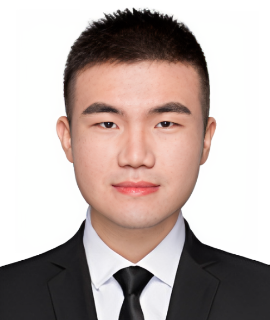Title : Importin7 induces M2 macrophage and promotes the progress of colorectal cancer by regulating the nucleus translocation of GRP78
Abstract:
Recent research has linked Importin7 to cancer aggressiveness and a dismal prognosis, but its function in colorectal cancer (CRC) is unclear. This study aimed to elucidate the clinical relevance, biological function, and potential molecular mechanisms of IPO7 in CRC. Our results showed that the expression of IPO7 in CRC were higher than normal epithelium. Furthermore, the high expression of IPO7 was related to lymph node metastasis, distant metastasis and stage of CRC patients. The overall survival of patients with high expression of IPO7 was lower than that of patients with low expression. Knockdown of IPO7 significantly inhibited colon cancer cell's proliferation compared with the control group. Significantly, IPO7 expression in CRC was significantly correlated with macrophage. The infiltration of M2 macrophage, which is critical for immunosuppressed microenvironment, was induced by IPO7. Mechanistically, IPO7 might induce macrophage polarization to M2 by regulating the secretion of CCL5. IPO7 mediates the entry of GRP78 into the nucleus to activate the expression of CCL5. In summary, this investigation proved that IPO7 promoted growth in CRC by promoting macrophages into M2 through CCL5, which provided a promising prognostic biomarker and a potential therapeutic target for CRC patients.



